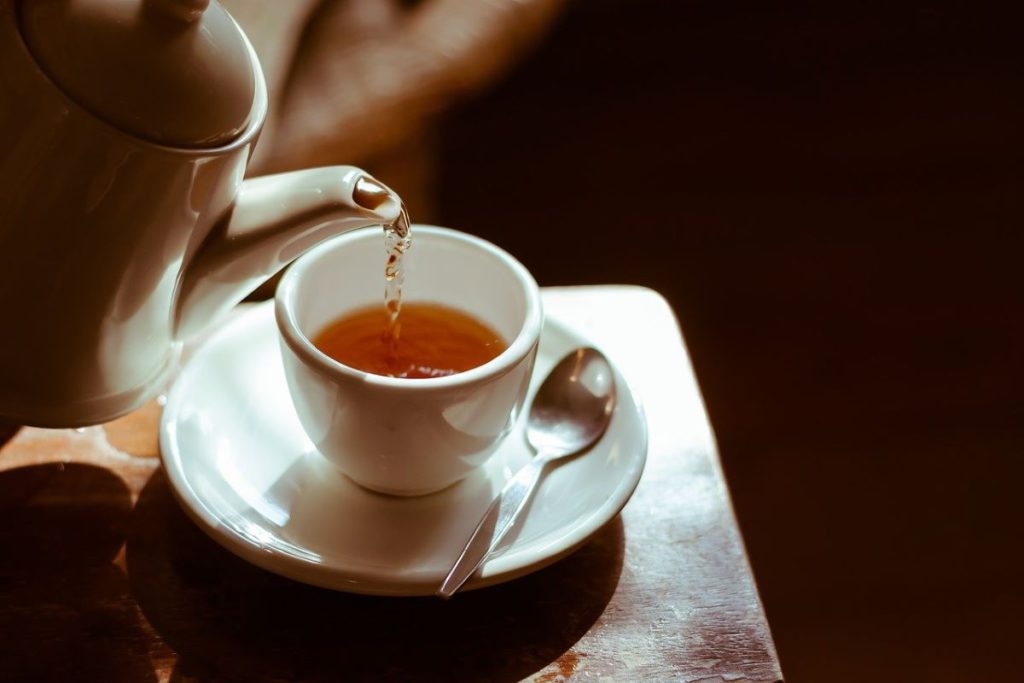Do you know eating right and exercising can help manage menopause? Read on for more information about how healthy living can help you feel better and lower the risk of age-related diseases. Being physically active is one of the best ways to maintain your health after menopause and to keep your brain and body healthy well into old age. There are other things you can do to keep yourself healthy after menopause and to avoid the health conditions that are most common after it.
The key to staying young and active after menopause is eating well and exercising regularly. Regular exercise, meditation, and other relaxation activities may help to combat depression and other side effects of menopause. Exercise during and after menopause may help you lose excess weight or keep your body at a healthy weight, which may provide protection against several types of cancer, including breast, colon, and endometrial cancer.
Regular exercise helps you maintain a healthy weight, reduce stress, and improve your quality of life. It benefits the heart and bones by helping with weight regulation and may enhance your mood, creating a better sense of wellbeing. Regular, weight-bearing exercise (such as walking, running, stair-climbing, or using weights for training) at least three to four times per week may help maintain strong bones. Weight-bearing exercises, such as walking and running, and moderate weight training help build bone mass.
In women who are menopausal, moderate exercise helps maintain bone mass in the spine and prevents fractures. Not only does weight training replace the lost muscle mass, but it also helps slow the loss of minerals from bones that may contribute to osteoporosis. Regular strength training helps to lower your body fat, build muscle, and burn calories more effectively. One must always keep in mind that diet and exercise, when followed diligently, can help you attain a healthy weight.

A healthy diet, no smoking, and regular exercise are the best options for heart disease prevention. Lifestyle changes–not smoking, avoiding secondhand smoke, exercising and following a healthy diet–can also help prevent heart disease. These lifestyle changes — exercising, eating a heart-healthy diet, and controlling your weight — also help prevent or reverse metabolic syndrome.
Eating a nutritious, diverse diet may help prevent certain health conditions caused by menopause-related hormone changes in the body. Including foods associated with calcium, iron, and fibre in your diet can help a woman keep her eating regimen in check. Eating foods that are high in calcium, such as cheese, yoghurt, spinach, or fortified cereals, may help increase calcium intake. You can also maintain bone density by eating foods high in calcium and vitamin D or taking supplements that contain calcium and vitamin D, as needed.
Always remember that women who are going through menopause particularly need micronutrients to keep their bones healthy, like calcium and vitamin D. Women in their 50s need more vitamin B12 for maintaining blood and nerve health and vitamin B6 for helping the body break down proteins. On the other hand, women who are past menopause who are still having a menstrual cycle because they are using menopausal hormone therapy may need some additional iron beyond the 8 milligrams (milligrams) recommended for women over 50.
Some health care providers do not recommend using hormone therapy past menopause or if you have certain health conditions. In some cases, your healthcare provider will collect a blood sample and test your hormone levels to make sure that you are past menopause.
Be sure to talk with your healthcare provider about any potential health risks before starting a menopause symptom treatment. Knowing what to expect may help you remain as healthy as possible as you go through menopause. Adopting healthy lifestyle habits and checking in with your health care provider on a regular basis can help you manage risk factors for these conditions.
Treating high blood pressure and diabetes and maintaining cholesterol levels are also ways to reduce the risk. Being overweight increases your risk for health problems, including heart disease, diabetes, and cancer. Weight gain may be linked to health problems, including high cholesterol, high blood pressure, and insulin resistance (a condition where your body cannot properly use insulin, which may lead to diabetes). Women who are not physically active are more likely to suffer from heart disease, obesity, high blood pressure, diabetes, and osteoporosis.
In addition to the above, you can try replacing your normal cup of tea with menopause relief tea to obtain certain health benefits. We understand that transitioning into a different stage of life is not easy, but try to look at the positive side of the picture; perhaps how you can set an example for the younger people to accept the transition gracefully and not get super stressed about the ageing process. Everyone has to go through it, so why not invest this time in creating beautiful memories with your loved ones. For instance, ask your daughter to help you find the best tea for menopause and share how you feel about it with her. This way, you can both connect with each other on a deeper level.
Furthermore, lifestyle factors also play an important role: Menopausal women are generally less active and consume more calories than they might need. Menopausal symptoms, like dry genital tissues and lower estrogen levels, can contribute to less interest in intimacy.
While menopause may bring symptoms of night sweats and hot flashes, irregular periods, and sleep difficulties, every woman experiences menopause differently.
Weight gain midlife in women seems mostly related to ageing and lifestyle, but fat accumulation around the time of menopause is associated with belly fat unless women are careful about their diet and exercise. Eating fewer foods and getting 30-60 minutes of exercise every day may help to curb weight gain associated with ageing. Being at least 30 minutes physically active nearly every day will help reduce the risk of heart disease and other chronic problems related to ageing.
In a nutshell, eating right, exercising, and not smoking are things you can do for yourself to keep healthy as you get older. The menopausal transition is a great time to make changes in your lifestyle, which can help women get the most out of their years ahead. There are a few risk factors associated with menopause, but a good diet and some lifestyle changes can help a woman navigate through them easily.













